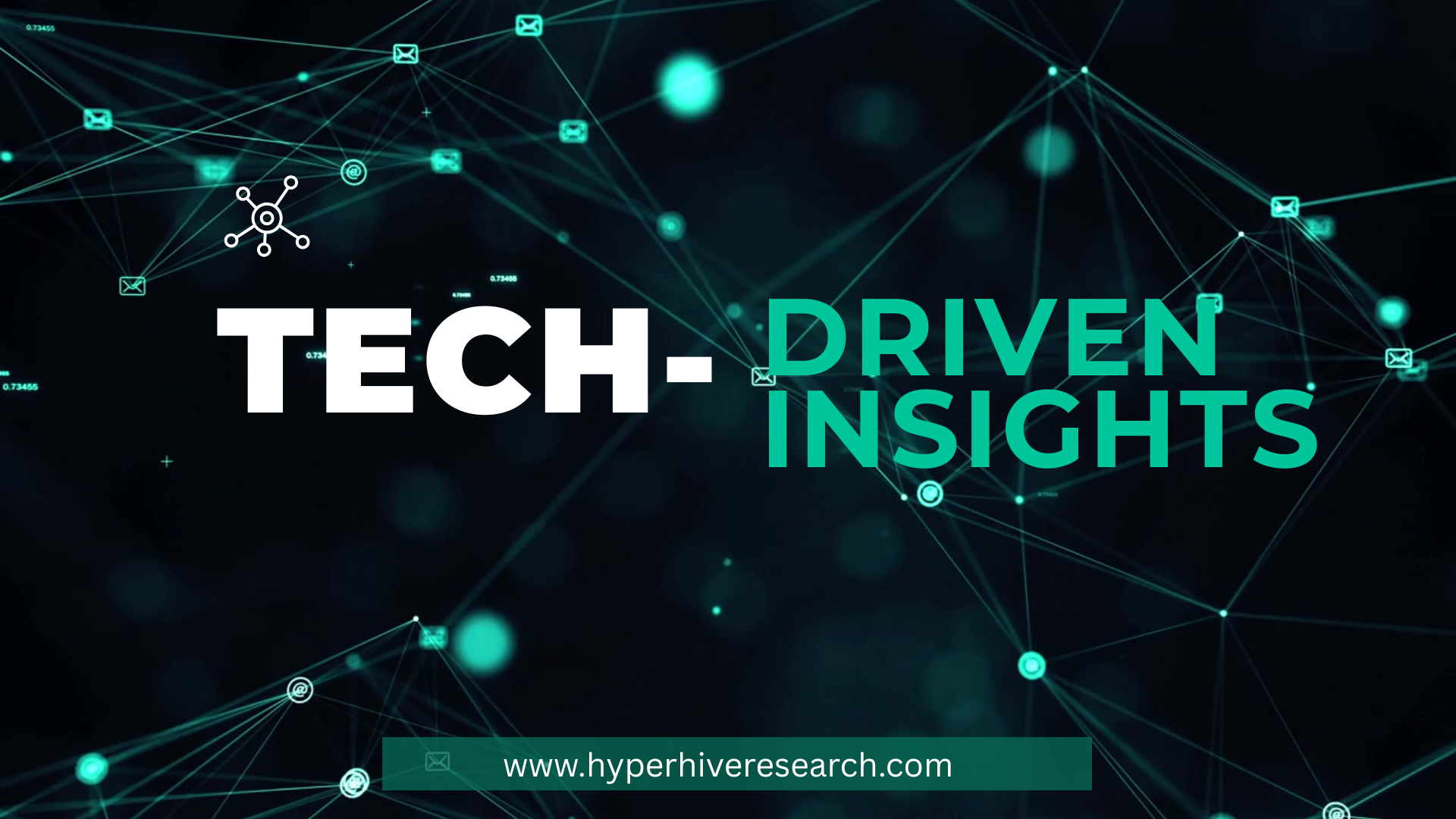
In today's hyper-competitive and data-rich landscape, the traditional boundaries of market research are rapidly dissolving. Organizations are under increasing pressure to deliver faster, more precise insights—driving a fundamental shift toward tech-enabled methodologies. From AI-powered analytics to real-time data capture, technology is no longer a supporting tool; it is the engine propelling modern research forward.
Below, we explore six key technological transformations shaping the future of market intelligence.
Automation has emerged as a cornerstone of modern research workflows. Innovative platforms now execute core functions such as survey deployment, data cleansing, and analytics with minimal human oversight. This shift drastically shortens project cycles and elevates operational consistency.
What it enables:
Artificial intelligence and machine learning are revolutionizing how data is synthesized into strategy. These technologies excel at identifying hidden patterns, predicting market shifts, and uncovering nuanced consumer behaviors—at scale.
Strategic applications include:
Thanks to mobile-first tools, dynamic dashboards, and digital data pipelines, real-time research is no longer aspirational—it’s standard. Businesses can now access insights as events unfold, empowering timely and informed decision-making.
Key benefits:
Data quality is paramount—and technology is rising to the challenge. Sophisticated fraud prevention measures now analyze everything from geolocation to digital behavior, helping researchers verify participant authenticity and safeguard insight reliability.
Current tools include:
Modern sampling methods go far beyond demographics. Today’s platforms integrate psychographic and behavioral targeting to ensure studies engage the right audience segments—yielding insights that are not just accurate, but also actionable.
Advantages of tech-enabled sampling:
An integrated research experience is now within reach. Contemporary platforms offer seamless convergence of quantitative surveys with qualitative tools like video interviews and community forums—allowing for rich, multidimensional insight delivery.
Integrated research drives:
The convergence of automation, artificial intelligence, and advanced data validation is not simply enhancing market research—it’s revolutionizing it. As expectations around speed, depth, and accuracy continue to rise, businesses that embrace the right technology stack will be equipped to lead in an insight-driven world.
Staying ahead in this evolving environment means more than adopting tools—it means rethinking research as a dynamic, tech-powered discipline that drives strategic advantage.